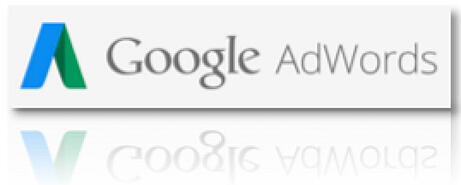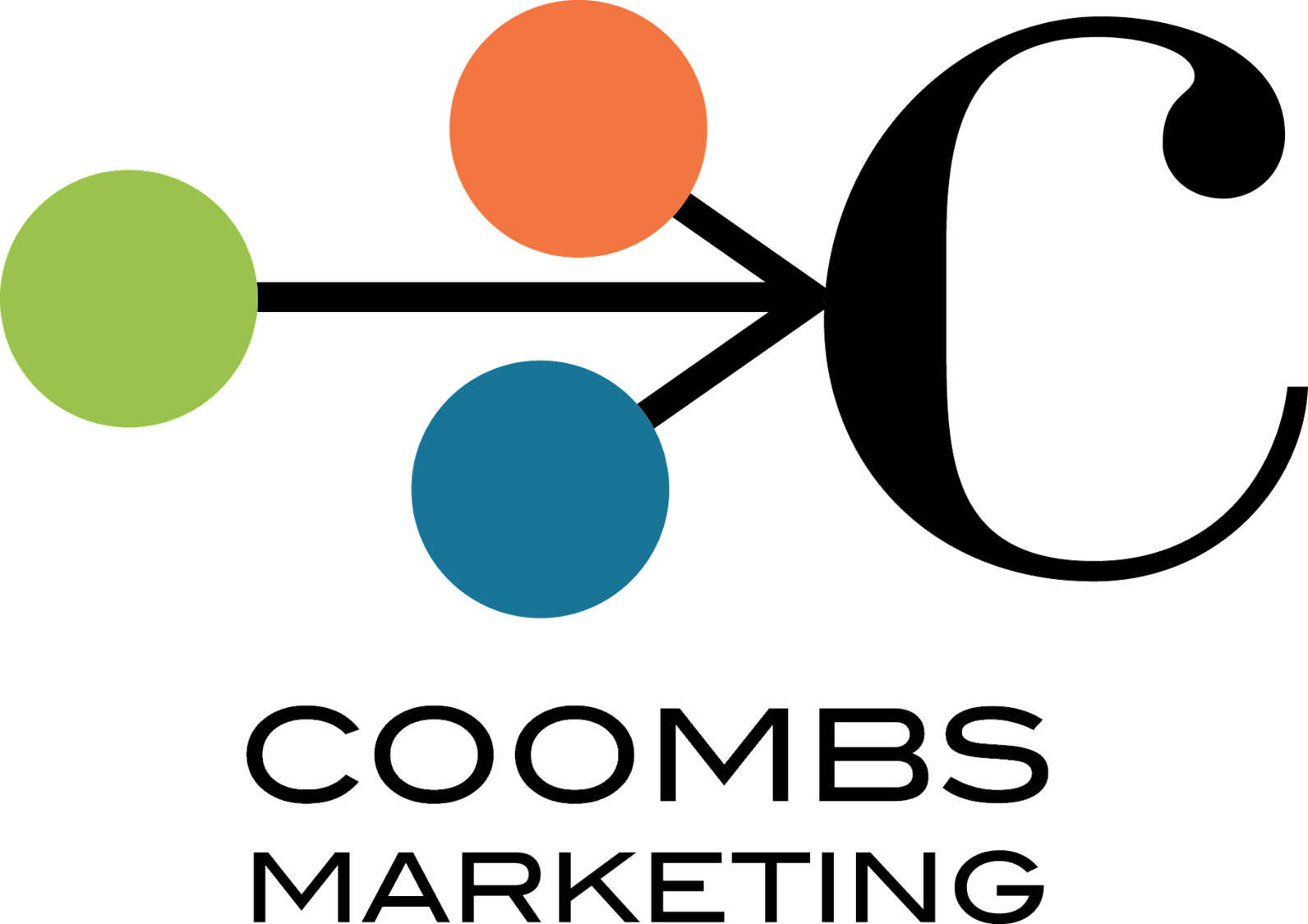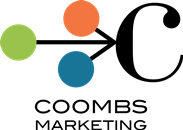What's the lifetime value of a lead?
It's easy to buy visits to your website from people specifically interested in your product or service. Of course that's valuable. But actual value depends on lots of variables that must be measured, to improve.
AdWords, display, Facebook ads etc., is absolutely awesome. Your small or medium sized business should probably seriously consider them.
Smart companies make money.
And fortunately Google makes getting started in AdWords really easy.You get it right? Some one who intentionally searched for information and used a keyword phrase that is directly relevant to your product or service, or in your town, is going to see your ad and maybe, click on it to go to your website. Because you have exactly what they are looking for.
That’s great right? Well… maybe, maybe not.
Here’s why:
The beauty of AdWords is that it’s targeted. But that's just a great first step.
The difficulty of AdWords, especially for SMB's is that it can and should be hyper-targeted to a very specific and measurable action or intention: Usually selling something. And following up.
You should be able to "see" if the effort is profitable.
With traditional advertising like print or broadcast, we bought a package of “impressions” without a direct measurement connected to what the humans we “impressed” actually did. And that was ok... but...
Traditional advertising is a bad model for online advertising.
Online, every single dollar, and every single view, and every single click, about every single product or service, is measurable and trackable. It's totally trackable and connected to the interested prospect.
Because of that, at the big online advertisers, full time specialists with big brains and even bigger spread sheets, and programmatic approaches, work for big companies managing their online marketing yield.
The mantra on every campaign, keyword group, or ad is…
”If it doesn’t make dollars, it doesn’t make sense”.
It’s all about constant A-B testing, constant measurement, constant “yield” improvement, and understanding the math of profitability, for every product or service.
It’s hyper-targeted to real results. They know what every dollar generates in revenue, or more important, margin.
So what does this have to do with the small and medium sized businesses who DON'T have a full time expert?
To use PPC effectively you probably need to be much more intentionally targeted, and strategic with your web marketing than you have ever been.
It really is "a campaign" to accomplish a very specific result.
A friend of mine is a big-time professional buyer. He spends more on Adwords in a day than most spend on marketing in months. He says "broad match" is evil.
He always knows the ratios of spend to yield, for specific phrases, using specific ad copy, at specific bid costs, yielding specific revenue.
My advice?
If you are an SMB and you are doing your own online ad buying, do at least this for every one of your campaigns.
Have a clear, concise, specific and written goal for every campaign.
Answer the following few questions very, very clearly. And make sure you have the ability to measure for these answers.
What exact customer behavior do you want?
No really, exactly "what" is valuable?
What exactly, is that value worth in dollars?
Some of what you sell is worth more or easier to sell. Don't treat everything equally.
How much money are we/should we spend to get it?
Will it work? Did it work?
How do we make it work better?
Clear goals and measures improve everything. Faster. 
You can absolutely buy "eyeballs" coming to your website. But without clear strategies and goals and measurements, you can spend a lot of money and be left with incomplete and anecdotal ideas about whether it worked or not. It’s really easy to argue for or against campaigns when there are not clear dollars and cents measurements.
But when and if, you have clear goals, then you and your colleagues have a shared way to measure and discuss success, and value, or improve if you are not as successful as you hope.
Most important point here:
Actually your chances of success get better for this sort of indirect reason:
Your web site gets better. Faster.
The way you communicate your offer gets better. Your pitch and follow up get better.
As soon as you get really clear that your strategy is to spend X dollars to get Y visitors to come to Z web page so they can be sold some of your great $ABC…
...then you really start to work on, and improve how effective Z web page is when they get there. And how profitable product $A or service $B or idea $C is for the lifetime of a customer. And what kind of follow up and lead nurturing should be done to get repeat business.
So dive in and “do AdWords”.
But have a really clear focused strategy and measurement for the success of every campaign, and specifically how that directly relates to the success of your business.
Make sure your AdWords works for sales today, and for repeat sales.
Make sure your landing pages work. Make sure your lead capture and nurture and follow up works.If you are a beginner, that’s the fastest way to improve, and the only thing that matters.
The experts know this.
Download our free e-Book on SEO Myths You Should Leave Behind in 2017.
 For more information on this topic or other inbound marketing topics:
For more information on this topic or other inbound marketing topics:





